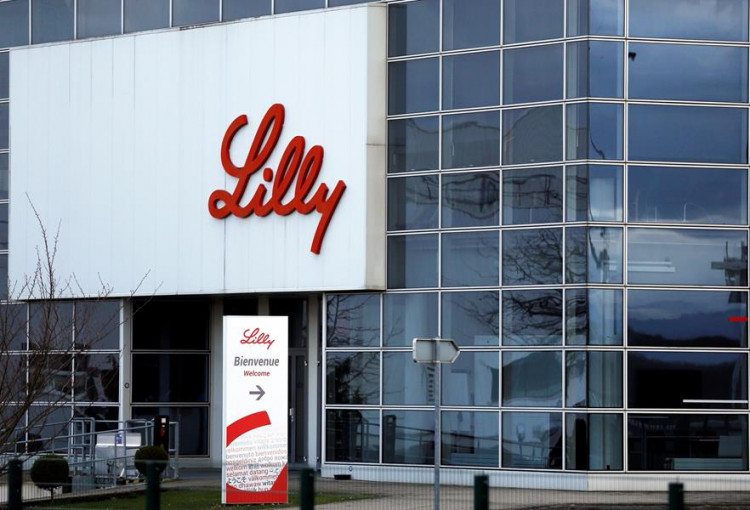Eli Lilly, the pharmaceutical giant behind some of the most successful drugs in recent years, has announced plans to invest $4.5 billion in a new research and manufacturing center in Indiana. The facility, dubbed the Lilly Medicine Foundry, is set to focus on advancing the company's drug manufacturing capabilities while scaling up production of its experimental drugs. The ambitious project marks Lilly's latest move to solidify its leadership in fields like obesity treatment, Alzheimer's disease, and neurodegenerative disorders.
The Medicine Foundry will be the first facility of its kind to combine research and manufacturing in one location. David Ricks, Eli Lilly's CEO, explained the significance of this approach. "The idea is to take molecules from a bench in a lab to scaled medicines in a pharmacy, and this research and development site will do that work," Ricks said during an interview from Lilly's headquarters in Indianapolis.
The new facility, which is expected to open in late 2027, will develop new manufacturing techniques to improve efficiency and bring experimental drugs to market faster. It will also produce small molecules, biologics, and genetic medicines-key areas of focus for Lilly as it looks to maintain its competitive edge in the pharmaceutical industry.
This initiative is part of Lilly's broader strategy to build on its success with weight-loss drugs like Mounjaro and Zepbound, which have rapidly gained popularity in the GLP-1 agonist drug class. These drugs, which help control appetite and weight, are expected to generate $50 billion in revenue by 2028, nearly double Lilly's total revenue from 2022. The booming demand for these treatments has allowed Lilly to invest heavily in expanding production capacity, but it has also placed pressure on the company to discover the next breakthrough medicines.
While Lilly is currently riding the wave of success from its obesity treatments, the company is not content to rest on its laurels. Dr. Dan Skovronsky, Lilly's Chief Scientific Officer, emphasized the need for continued innovation, particularly in areas like oncology, immunology, and cardiovascular disease. Neuroscience is another area of focus, as Lilly aims to build on its legacy with drugs like Prozac and the recently approved Alzheimer's treatment Kisunla. "Neuropsych is a huge unmet need," Ricks noted. "Addiction, mental health, and neurodegenerative conditions are areas where we're investing heavily."
The $4.5 billion investment in the Medicine Foundry is just one component of Lilly's larger manufacturing push in Indiana. The company is also constructing a $9 billion complex in Lebanon, Indiana, which will produce pharmaceutical ingredients, including tirzepatide, the active ingredient in Mounjaro and Zepbound. This new manufacturing hub underscores Lilly's commitment to boosting its production capacity in response to growing demand for its drugs, particularly in the United States.
Lilly's dedication to innovation is evident in its pipeline of 11 obesity drugs in development. These include orforglipron, an oral GLP-1 agonist, and retatrutide, an injectable drug, both of which are in late-stage trials. Ricks acknowledged that while Mounjaro and Zepbound have been hugely successful, they won't meet the needs of every patient. "We need to keep moving the science forward," he said, adding that Lilly is particularly interested in developing drugs that can target multiple pathways and reduce the frequency of injections.
Despite the recent success, the road ahead is challenging. The competition is fierce, especially from Chinese companies like BYD and Xpeng, which are expanding aggressively with local government support. In Europe, BMW has overtaken Tesla and other rivals in the electric vehicle market, demonstrating that competition is heating up across industries.
Lilly's stock has soared nearly 65% over the past year, bringing the company's market capitalization to approximately $840 billion. With the ongoing success of its obesity treatments and plans for further innovation, some analysts believe Lilly could become the world's first trillion-dollar healthcare company. However, Ricks downplayed the importance of that milestone, stating that the company's focus remains on developing "valuable things" that improve human health. "If we're successful, we create value, and that's how we'll get to a bigger number," Ricks said.





